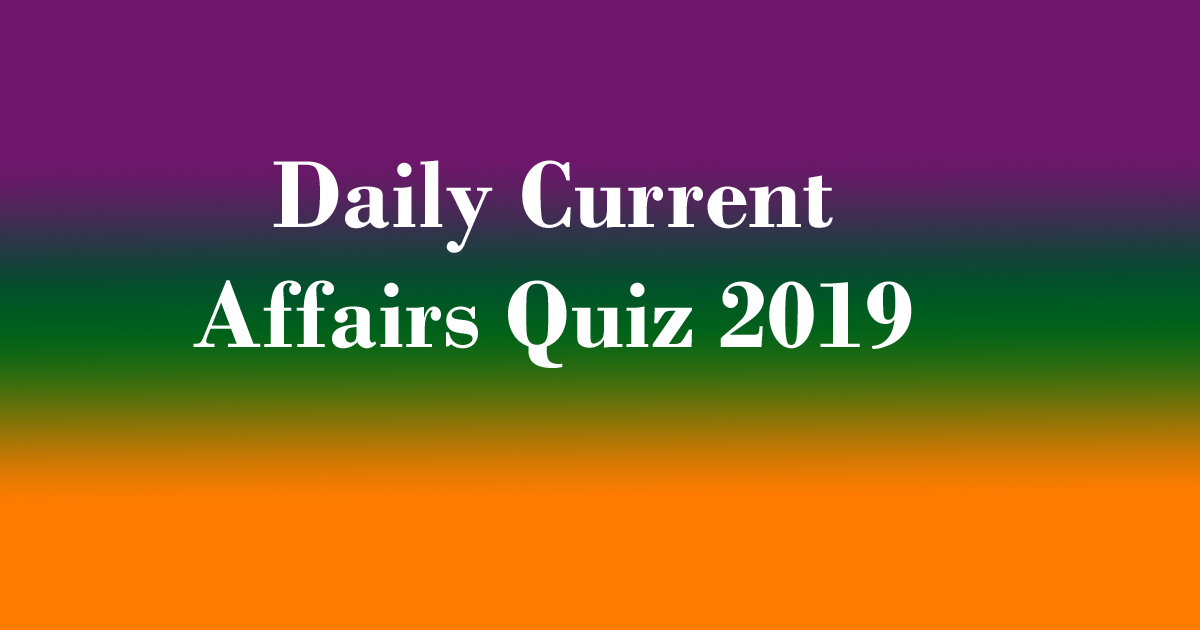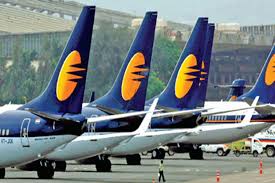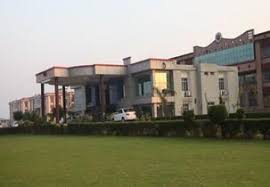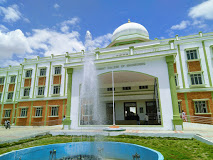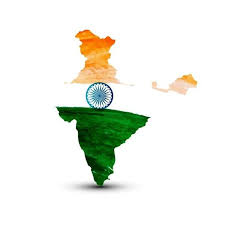
India celebrates its 73rd Independence Day on 15 August, 2019. After being ruled by the British for years, India finally gained its hard-fought Independence on August 15, 1947. “At the stroke of the midnight hour, when the world sleeps, India will awake to life and freedom,” Jawaharlal Nehru, the first Prime Minister of Independent India said on the night of August 15, 1947. Later, to commemorate the occasion, the Indian national flag was hoisted above the Lahori Gate of Red Fort in Delhi, a gesture that became regular subsequently. As India celebrates its 73rd Independence Day this year, let’s look at the history of this day.
Daily Current Affairs Quiz 2019
As per the mandate by Lord Mountbatten, the British parliament was instructed to transfer the power by June 30, 1948. Though Lord Mountbatten had claimed that he would see to it that there is no bloodshed, the way things unfolded proved him wrong. He later justified it by saying, “wherever colonial rule has ended, there has been bloodshed. That is the price you pay.”
On July 4, 1947, following Mountbatten’s inputs, the Indian Independence Bill was introduced in the British House of Commons. It was passed within a fortnight, and accounted for the end of the British rule in India on August 15, 1947. It also provided with the establishment of two different Dominions of India and Pakistan, which were allowed to secede from the British Commonwealth.
Every year the day is celebrated with much aplomb. Schools and colleges commemorate this day by arranging for various skits, competitions and other events which remind and celebrate the arduous struggle many had to go through in order to enjoy the Independence we have today.
Which countries have independence day on August 15?
Korea, Congo, Liechtenstein and India celebrate their Independence Day on August 15. On August 15, 1948 the Republic of Korea was established south of the 38th parallel. August 15 is celebrated liberation day on Korea.


